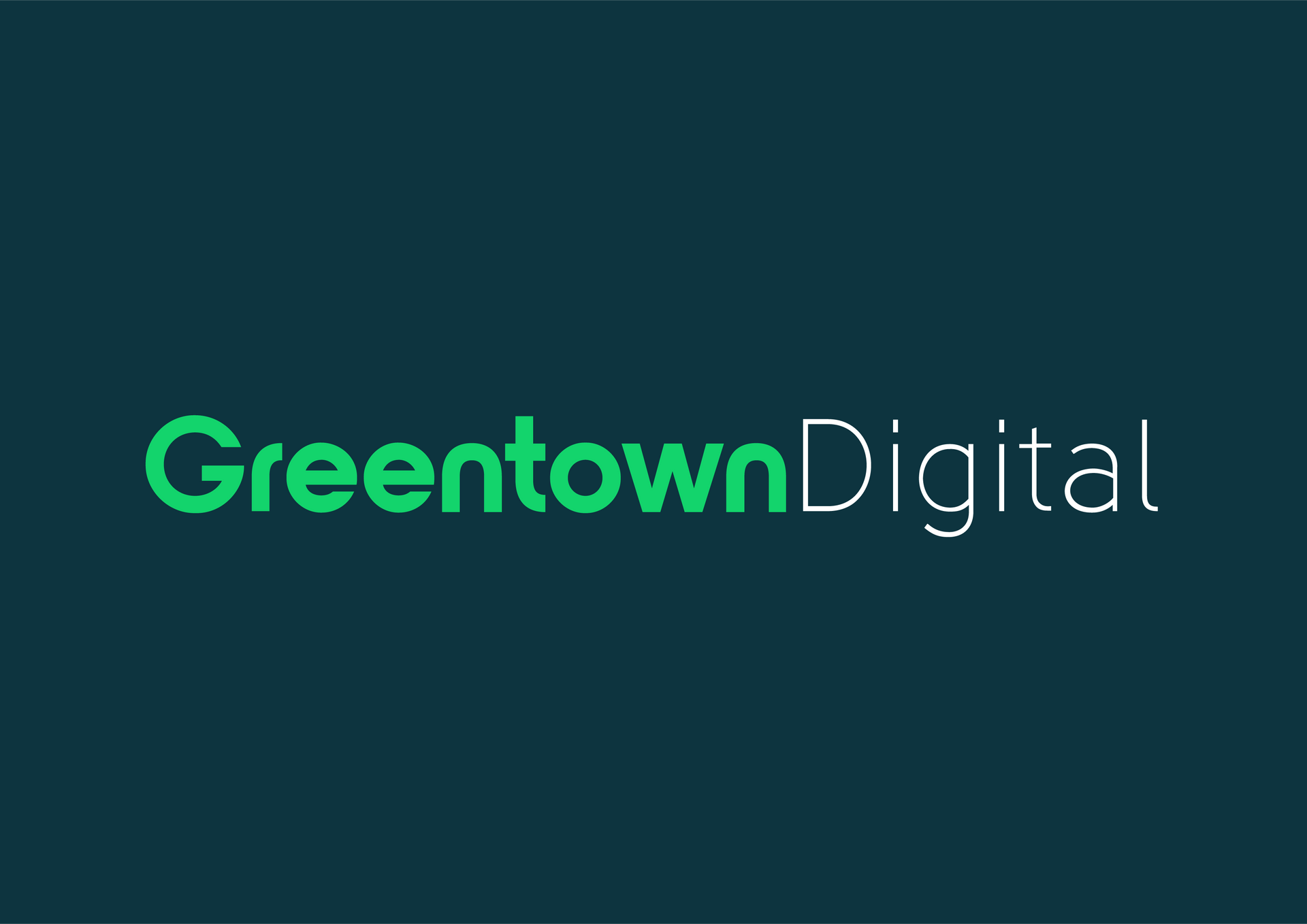The Ultimate Guide to Choosing the Right Website Design for Your Small Business
In today's digital age, your website is often the first impression potential customers have of your business. For small businesses, this impression is crucial—your website can either draw customers in or drive them away.
With so much at stake, choosing the right website design is more important than ever. This guide will walk you through the key considerations for selecting a website design that not only looks great but also supports your business goals.
Why Website Design Matters for Small Businesses
A well-designed website is a powerful tool for small businesses. It helps establish credibility, showcases your brand, and makes it easy for customers to learn about your products or services. In a competitive market, a professional and user-friendly website can set you apart from the competition and help you attract and retain customers.
Here are a few reasons why website design is particularly important for small businesses:
- First Impressions Count: Visitors form an opinion about your website within seconds. A clean, modern design makes a positive impression and encourages users to stay and explore.
- Builds Trust: A professionally designed website signals to visitors that you are a legitimate, trustworthy business.
- Improves User Experience: A well-thought-out design enhances user experience, making it easier for visitors to find what they’re looking for and increasing the likelihood of conversion.
- Supports Your Brand: Your website is an extension of your brand. A cohesive design that reflects your brand’s personality helps to build recognition and loyalty.
Key Considerations for Choosing the Right Website Design
Choosing the right website design involves more than just picking a template or colour scheme. It requires careful consideration of your business goals, target audience, and the message you want to convey. Here’s what you should consider:
1. Understand Your Business Needs
Before diving into design options, take the time to clearly define your business needs. Ask yourself the following questions:
- What is the primary purpose of your website? Is it to showcase your products, generate leads, provide information, or offer online sales?
- Who is your target audience? Understanding your audience’s preferences, behaviours, and needs will help guide your design choices.
- What features do you need? Depending on your business, you may need an online store, booking system, contact forms, or blog. Make sure the design you choose supports these features.
2. Focus on User Experience (UX)
User experience (UX) is all about making your website easy and enjoyable to use. A positive UX encourages visitors to stay longer, explore more pages, and ultimately convert into customers. Key elements of UX include:
- Navigation: Your website should be easy to navigate, with a clear and intuitive menu structure. Visitors should be able to find what they’re looking for with minimal clicks.
- Loading Speed: A slow website can frustrate users and lead to higher bounce rates. Ensure your design is optimised for fast loading times.
- Mobile Responsiveness: With more people browsing the web on mobile devices, your website must be mobile-friendly. A responsive design adapts to different screen sizes, providing a seamless experience on any device.
3. Choose the Right Design Style
The style of your website should reflect your brand’s personality and appeal to your target audience. Here are a few popular design styles to consider:
- Modern & Minimalist: Clean lines, ample white space, and simple layouts are the hallmarks of modern design. This style is ideal for businesses that want to convey professionalism and sophistication.
- Bold & Creative: If your brand is vibrant and energetic, a bold design with striking colours, dynamic graphics, and unique layouts might be the way to go. This style works well for creative industries like design, fashion, and entertainment.
- Classic & Traditional: For businesses with a more conservative brand, a classic design with elegant typography and traditional layouts can convey trust and reliability.
- Playful & Fun: Bright colours, whimsical fonts, and playful imagery can create a friendly and approachable feel, perfect for businesses targeting families or children.
4. Prioritise Functionality
While aesthetics are important, functionality is key to a successful website. A beautiful design won’t help your business if it’s difficult to use. Ensure that your website design supports essential functionalities, such as:
- SEO-Friendly Structure: Your website should be built with search engine optimisation (SEO) in mind. This includes proper use of headings, meta tags, and URLs, as well as fast loading times and mobile responsiveness.
- E-Commerce Capabilities: If you’re selling products online, your website design should support a secure, user-friendly shopping experience with features like a shopping cart, payment gateway, and product pages.
- Easy Content Management: Choose a design that allows you to easily update and manage your content, whether through a content management system (CMS) like WordPress or another platform.
5. Work with a Professional Design Team
Designing a website that truly reflects your brand and meets your business needs is a complex task. Working with a professional design team can make the process smoother and more effective. At Greentown Digital, we specialise in creating bespoke website designs tailored to the unique needs of small businesses. Our expert team works closely with you to ensure that your website not only looks fantastic but also performs well and supports your business goals.
Final Thoughts
Choosing the right website design for your small business is a critical decision that can have a lasting impact on your success. By focusing on your business needs, prioritising user experience, and selecting a design style that reflects your brand, you can create a website that not only attracts visitors but also converts them into loyal customers.
At Greentown Digital, we understand the unique challenges small businesses face in the digital landscape. That’s why we’re committed to providing high-quality, tailored website design services that help you stand out and succeed. If you’re ready to take your online presence to the next level, we’d love to hear from you. Contact us today to learn more about how we can help you create the perfect website for your business.










